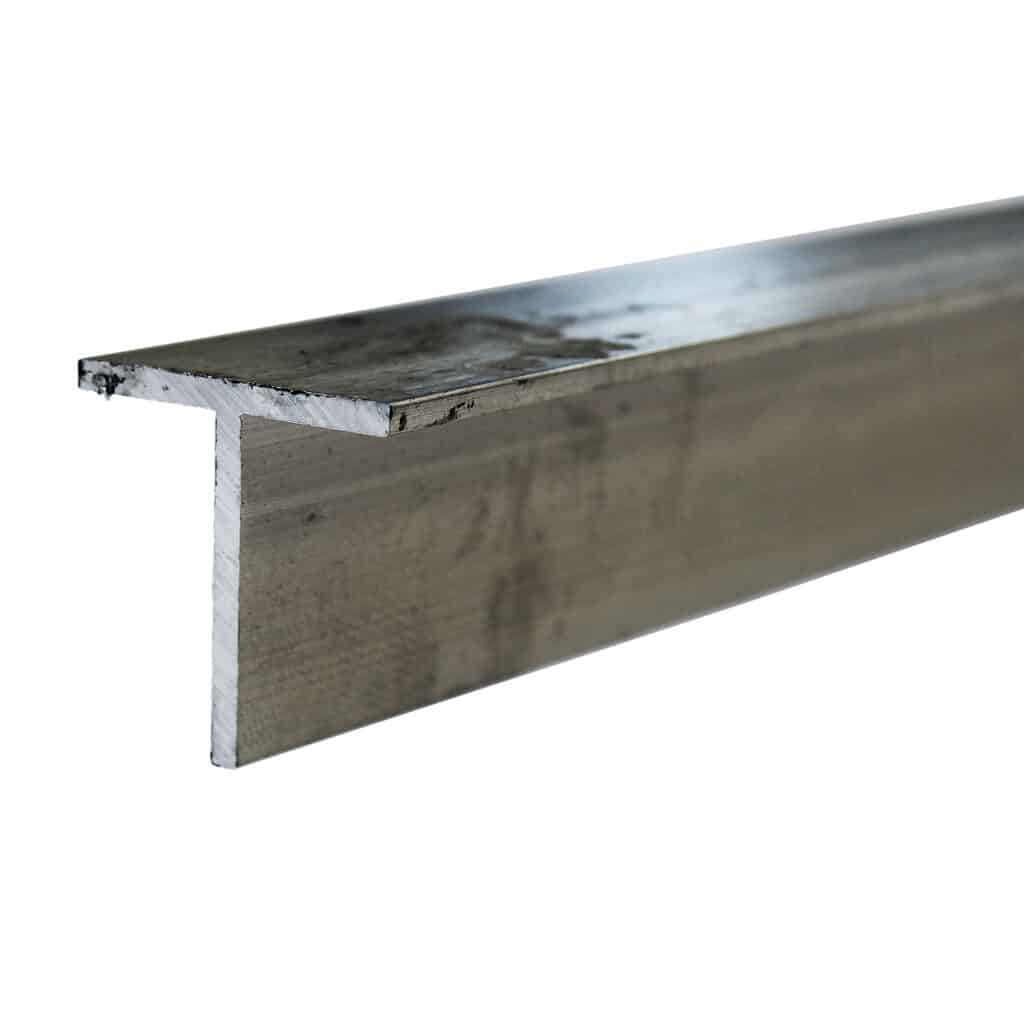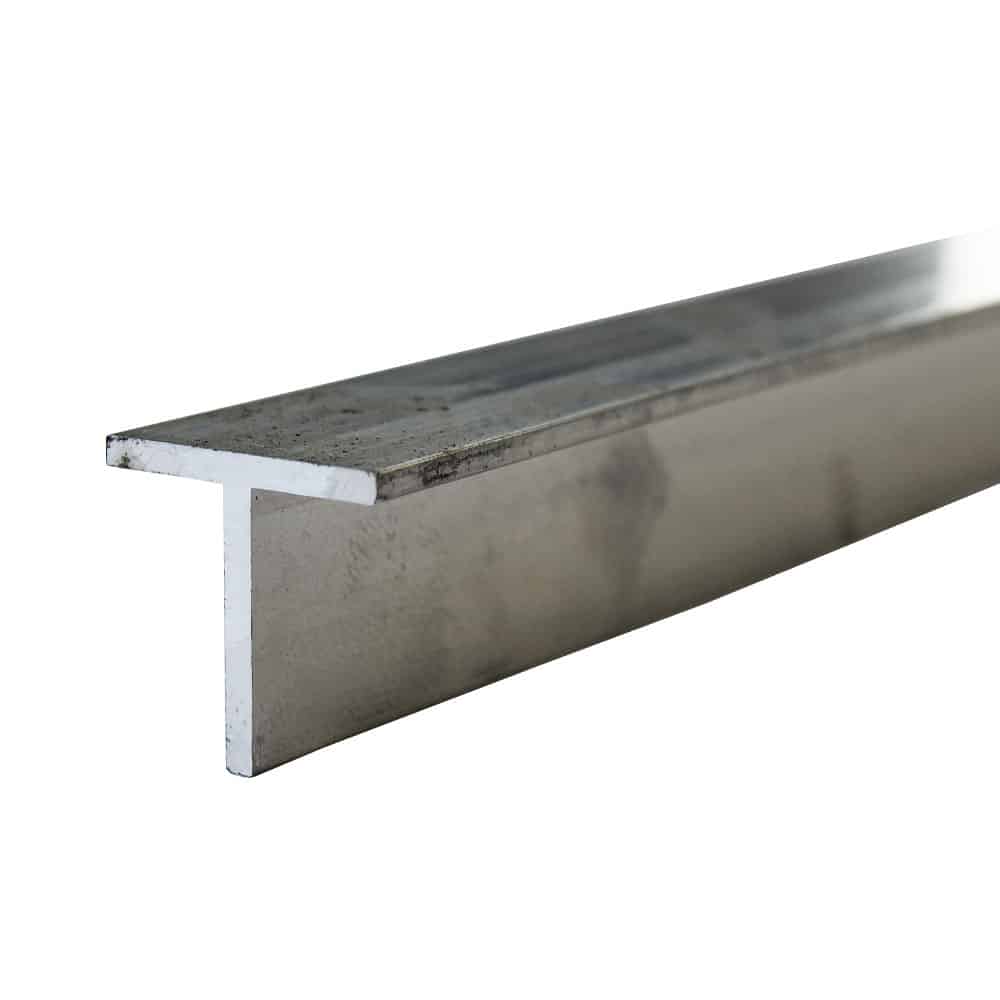- Massive Range
- FREE UK Delivery
- Rapid Dispatch
- Massive Range
- FREE UK Delivery
- Rapid Dispatch
- Massive Range
- FREE UK Delivery
- Rapid Dispatch
£8.62 – £19.21 inc VAT

Secure payments taken with:

This website is secured:
✔ Specialists In Rapid Shipments Of Any Size
✔ FREE UK Delivery Included
✔ Immediate Express Dispatch From Stock
✔ Tracked Delivery with Order Updates
✔ 30-Day Returns Accepted
@ ☏ Bespoke Lengths & Larger Quantities Available
If you’re looking for a practical and cost-effective option for your next project, consider the 50.8mm x 2mm Mild Steel Round Tube by Speciality Metals. This versatile and durable tubing comes in various lengths, making it perfect for a wide range of applications. Not only is it easy to work with, but it also has excellent welding, forming, bending and machining abilities. Plus, it’s recyclable, so you can feel good about your environmental impact. With all these benefits, the mild steel round tube is truly a smart choice for any project.

50.8 x 2mm mild steel round tube is used in many structural and engineering applications. The size refers to the outside diameter and then the thickness of the wall.
ERW means Electric Resistance Welded. ERW round tube is made when steel strip is welded to form a tube shape. The tube is continuously seam welded which means that there is a neat weld running along the inside of the tube.
Mild steel round tube is widely used in a variety of applications and also comes in both square and rectangular options.
Speciality Metals offers a top-quality 50.8mm x 2mm mild steel round tube that is highly versatile and cost effective. This ERW round tubing is available in various lengths, making it ideal for a wide range of applications. It boasts excellent welding, forming, bending and machining abilities, ensuring a highly durable and long-lasting product. What’s more, it is a sustainable option, as it can be easily recycled. So whether you’re a construction professional or a DIY enthusiast, this mild steel round tube is a great choice for your project.
Speciality Metals is known to be the United Kingdom’s best up-and-coming small-quantity metal company.
Furthermore we stock a vast range of round tube options that compliment our mesh range perfectly.
Over 50,000 customers of Specialty Metals are provided with fast, friendly customer service every year. We’re the place to try when you need metal of any shape and size. We’re based in Warrington, UK. We pride ourselves on our rapid turnaround and a large range of options.
Key information:
We also carry a wide range of mild steel sheet metal, angle iron and flat bar.
Mild steel is a quality strong metal. However it is not rust proof and may do so over time. Please use galvanised or stainless steel if you need resistance to rust. If this metal tube does show signs of rust then simply remove this with WD40 or fine sanding.
The grade of plain steel that we have available has mechanical properties that provide excellent machinability, formability and weldability.
Mild steel can be welded and it’s also suitable for painting. Mild steel is a magnetic grade of metal. Magnets will stick to this sheet but it is not itself a magnet.
While mild steel is known for its durability and versatility in many construction and engineering applications, its suitability for plumbing is limited due to its vulnerability to corrosion. When exposed to moisture or water for extended periods, mild steel tends to rust, which can lead to reduced pipe integrity, water contamination and blockages.
In plumbing, materials that resist corrosion, like copper, stainless steel, PVC or CPVC, are often preferred. These materials offer long lifespans, maintain water quality and prevent leakages. Moreover, certain treatments and chemicals used in water systems might accelerate the corrosion of mild steel, making it even less ideal.
However, in specific scenarios where water is not constantly present, or where corrosion can be mitigated through coatings or treatments, mild steel might be considered. But it would be essential to monitor the tubing for signs of wear and corrosion frequently.
Thermal conductivity is a measure of a material’s ability to conduct heat. For mild steel, which is commonly used in a variety of structural and fabrication applications, this property is especially relevant when considering heat transfer or temperature-related stress.
Mild steel has a thermal conductivity in the range of 37 to 54 W/m·K (watts per meter-kelvin) at room temperature. This means that while it can conduct heat, it does not do so as efficiently as some other metals, like copper or aluminum. For comparison, copper, a metal known for its high thermal conductivity, has a value around 398 W/m·K.
The thermal conductivity of mild steel can influence decisions in various applications. For instance, in structures exposed to fluctuating temperatures, the rate at which mild steel conducts heat can impact thermal stresses within the material. Similarly, in applications like heat exchangers, where efficient heat transfer is crucial, mild steel might not be the first choice due to its relatively moderate thermal conductivity.
Aluminum Tubing: Aluminum is significantly lighter than mild steel and has a good strength-to-weight ratio. Its corrosion resistance is also superior, especially when anodised. However, while aluminum can be as strong as mild steel, it often requires specific alloys (like 6061 or 7075) to achieve comparable strength levels.
Titanium Tubing: Titanium is known for its excellent strength-to-weight ratio, making it stronger and lighter than many steels. Additionally, titanium offers excellent corrosion resistance. However, it is considerably more expensive than mild steel or aluminum.
Fiber-Reinforced Polymers (FRP) or Composite Tubing: These are materials made up of fibers, like carbon or glass, embedded within a polymer matrix. Carbon fiber composites, in particular, have an outstanding strength-to-weight ratio, rivaling many metals. They are lightweight and can be designed for specific strength directions. However, their cost can be a limiting factor for many applications.
High Strength, Low Alloy (HSLA) Steel: HSLA steels are designed to provide better mechanical properties and/or greater resistance to atmospheric corrosion than conventional carbon steels. While they aren’t necessarily much lighter than mild steel, they can achieve higher strengths with lesser material, potentially allowing for thinner walls and reduced weight in specific applications.
Chromoly Steel (4130 or 4140 Alloy) Tubing: Chromoly is an alloy steel that contains chromium and molybdenum, offering a higher strength-to-weight ratio than regular mild steel. While still being steel, its increased strength allows for the use of thinner walls, thus reducing the overall weight.
It’s crucial to understand the specific requirements of the application (like load-bearing capacity, exposure to elements, longevity and budget) when selecting an alternative to mild steel tubing. Each material has its own set of advantages and drawbacks, and the choice should be based on a comprehensive analysis of these factors.
Check out our blog discussing cutting, welding and shaping mild steel round tube. It will prove a useful read to help you to make an informed decision on which material would work best for you.
We are also very proud of our ever expanding YouTube channel.
Our goal for our blogs and help guides is to answer as many questions as possible to help to explain the possibilities of mesh to our customers. Contact us today if you have any questions at all. We are always really keen to help in any way that we can.
We are also very proud of our highly popular eBay store, check us out there too.
£16.49 – £44.99 inc VAT
£15.49 – £39.99 inc VAT

£16.49 – £44.99 inc VAT

£15.49 – £39.99 inc VAT
Speciality Metals
Unit 1, Farrell Street, Warrington,
Cheshire, WA1 2WW, United Kingdom
Quick Links
Payment Options
